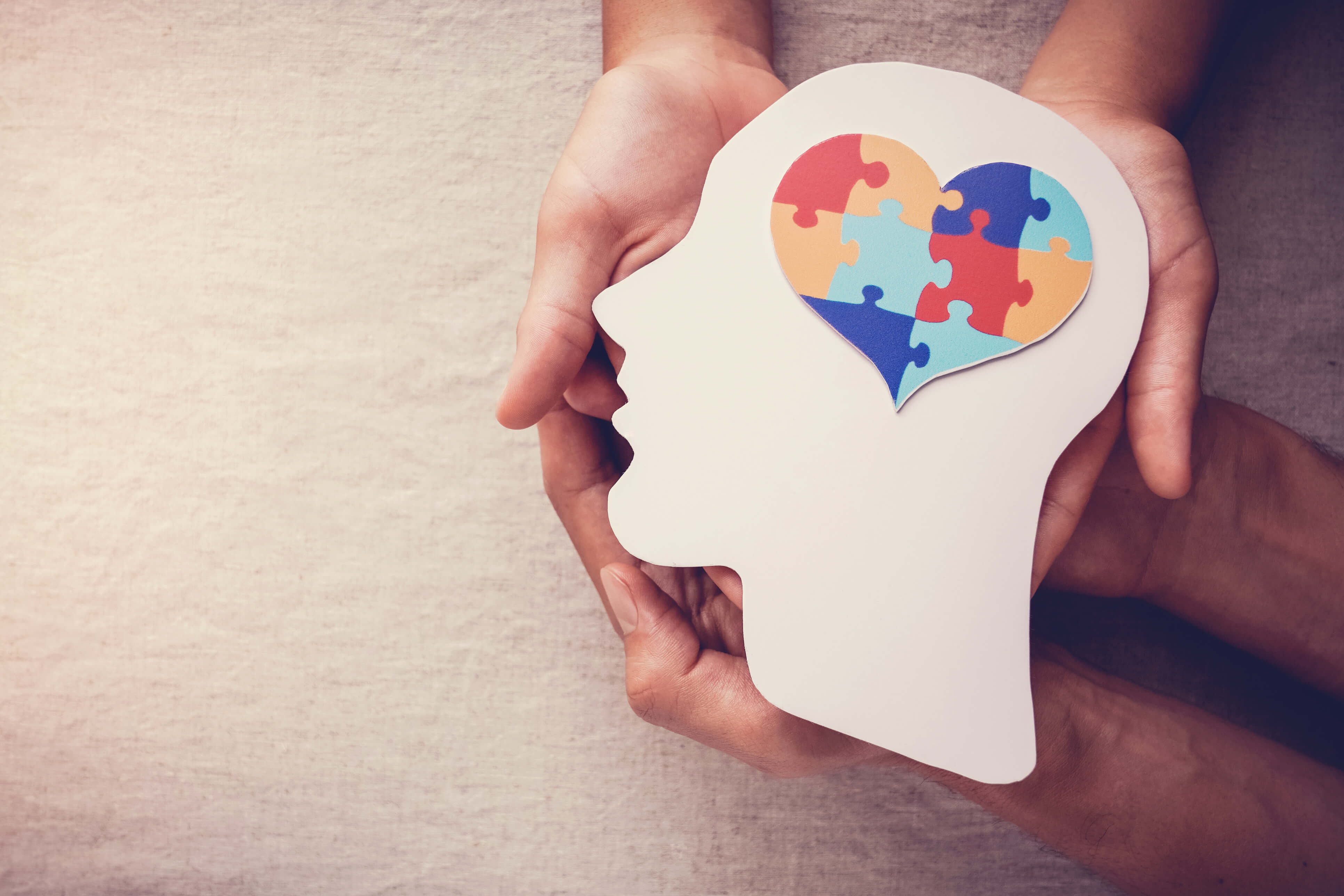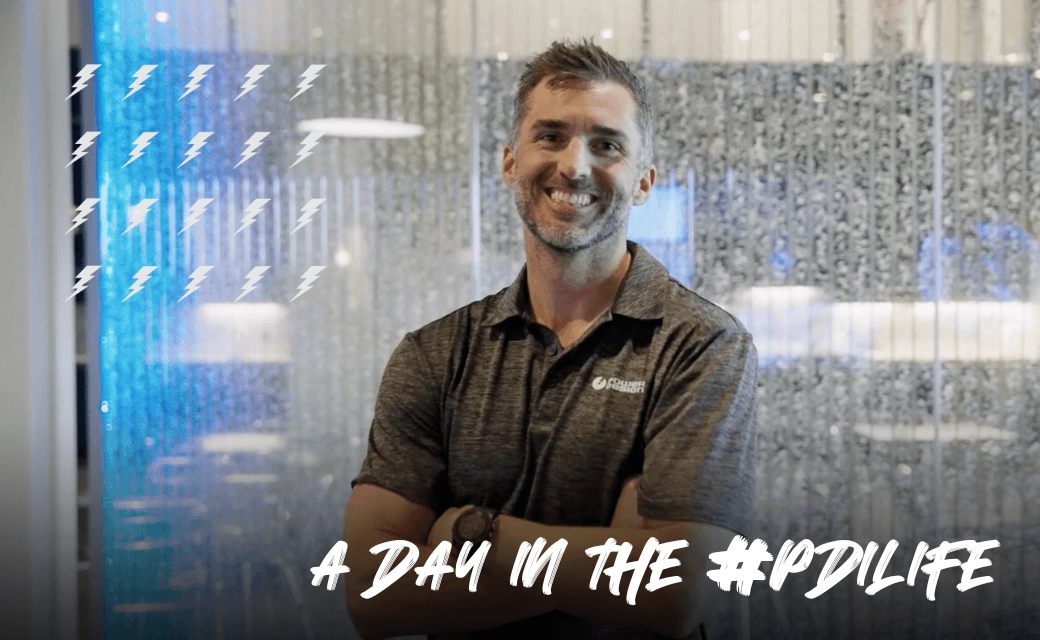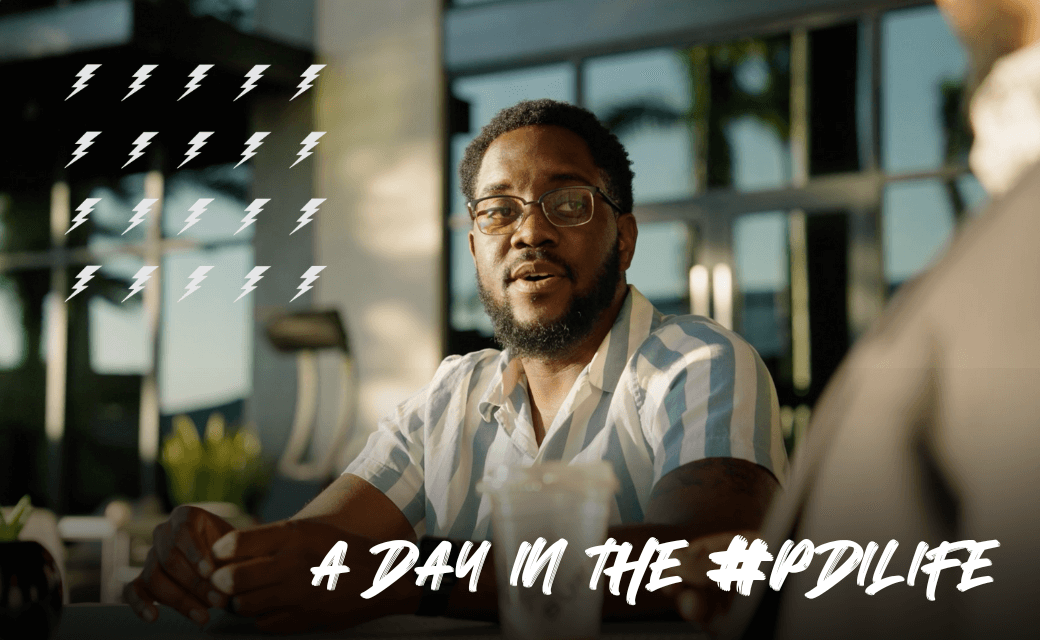Taking care of you:
Bouncing back from a difficult situation or dealing with daily stress can hinder our ability to make time for ourselves. While practicing self-care looks different for everyone, being proactive with taking care, checking in, engaging and relaxing are important steps. And when you can’t quite figure out how best to unwind – take it from Edwin in this video.


Although we’re wrapping up Mental Health Awareness month, our efforts to break the stigma and prioritize mental wellness are far from over. We’re taking a look back at some of the most impactful messages we heard over the last few weeks to help keep the conversation going.
Breaking the stigma:
We kicked off the month shining a light on mental wellness resources and tools. If self-care bingo or a stress-reducing read aren’t for you, educating yourself on the common stressors and signs of struggle might help, too. Look for signs of personality change, agitation, withdrawal, poor self-care and hopelessness in yourself and those around you to help identify when it’s time to seek outside help, or reference changedirection.org
It’s OK to talk about it:
Sometimes, starting the conversation with your peers, friends or loved ones can be casual. Grabbing a bite to eat or taking a walk, or suggesting an online resources like TalkSpace and Seize the Awkward can encourage those struggling to reach out in a way that makes them feel most comfortable.
Take a tip from Patrick or watch the video to see how simple it can be to start a conversation.
If you need anything, I’m here for you, just holler, you know where I sit!
Patrick Kearney |
Accounts Payable
If it’s hard for you to identify what “fills your cup” – think about what drains you and it’s probably the opposite.
Edwin Rodriguez |
Senior Director of Labor
We always have your back:
Knowing the signs, recognizing stressors, starting conversations and practicing self-care are all proactive ways to stay mentally well. And while the people around us often care more than we know, sometimes getting expert support is the way to go. You can provide friends or family with resources like the Crisis Textline or reference your company’s Life Assistance Plan. Remember that George, along with the rest of us, are here to listen.
Let me help, let me be your sounding board. I’m not really qualified to deal with a lot of things, but I am qualified to listen.
George Wilkes |
Regional Vice President
Tag(s):
#PDIFamily
Tag(s):
#PDIFamily





